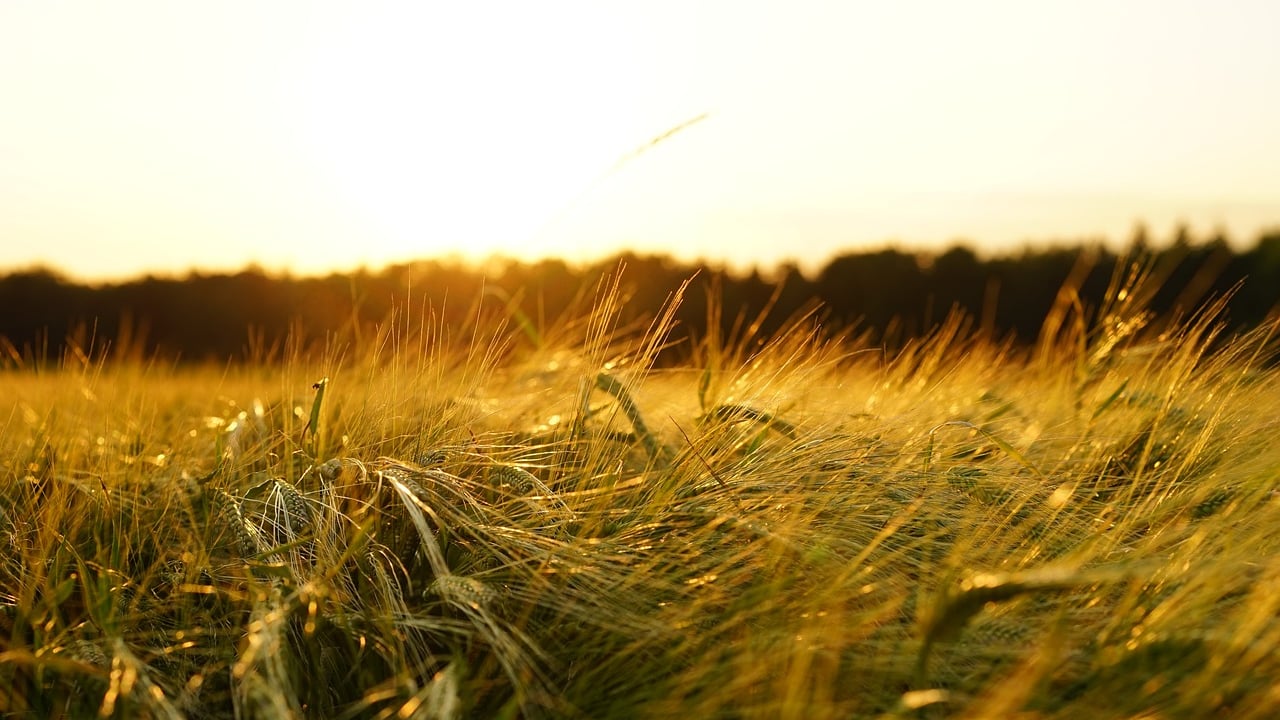Forum highlights potential role of rye in Irish tillage systems
The Teagasc Crops Forum took place on Wednesday, September 10, at the Killashee Hotel, Naas, Co. Kildare.
The event brought together researchers, specialists, and industry representatives to discuss the latest agronomy issues and the potential role of rye in Irish tillage systems.
It took place against the background of largely good yields, but Teagasc believes that a lower grain price has placed continued financial pressure on tillage farms.
The Department of Agriculture, Food and the Marine (DAFM) presented data on cereal varieties which are available to farmers this year (2025).
Cara MacAodháin from the DAFM’s crop policy, evaluation and certification division said: "This year’s yields were excellent across all crop types, however, the year was not without its challenges.
"Yellow rust in wheat was evident and allowed a robust assessment of variety performance. The addition of six new varieties to the winter wheat recommended list offers greater choice for farmers to select varieties that are best suited to meet the challenges specific to their farm," she added.
Tillage
Dr. Vijaya Bhaskar, a crop researcher at Teagasc, updated the forum on shifts in suspect herbicide resistance sample and the status of grass weed resistance.
He outlined the types of resistance emerging in Italian ryegrass and blackgrass, along with key measures to prevent their spread.
Teagasc tillage specialist Shay Phelan also reviewed available herbicide options for winter cereals and strategies needed following the loss of some key actives.
In the second session, Dr. Richie Hackett, Teagasc Oak Park, presented many years trial results, showing rye can match first wheat yields and out yield winter barley, particularly as a second cereal.
He said: “Rye can be sown early, helping to spread the workload, and is relatively straightforward to grow with a lower nitrogen requirement and better disease profile than wheat.
"Rye has proven value in pig diets, and performs well in ruminant systems, feeding out between barley and wheat. However, growers should not plant rye without securing a market,” Dr. Hackett added.
Teagasc's pig and poultry specialist, Michael McKeon shared results from Teagasc Moorepark's pig feeding trials, while Professor John O'Doherty, from UCD, discussed the benefits of acid-treated grains in pig diets.
Finally, Teagasc tillage specialist Ciaran Collins presented strategies for integrating rye into crop rotations.





